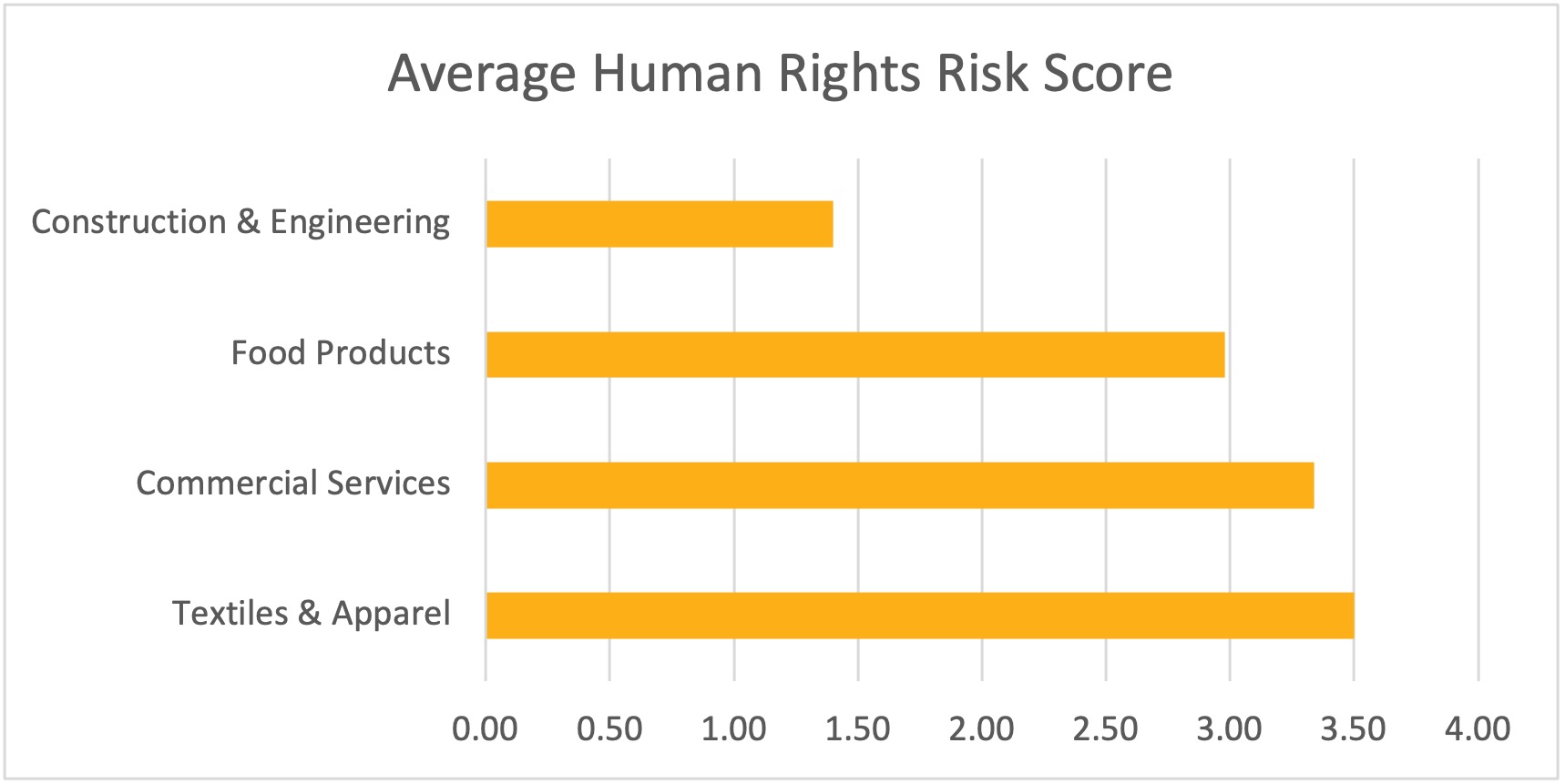Sustainalytics’ ESG Risk Ratings issue – Human Rights – focuses on how companies manage and respect fundamental human rights within their own operations. The issue emphasizes the measures taken to protect civil and political rights as well economic, social and cultural rights, including child and forced labour.
Human Rights in the Spotlight
Human Rights has been a long-standing issue for companies across all industries, occurring either through their own operations or their value chain. To increase company due diligence on human rights issues, governments and international organizations have developed new regulatory frameworks to address these issues over the past decade. For example, the OECD through its different Due Diligence Guidelines offers a roadmap for companies on how to address human rights issues. Consumers and investors are also becoming more aware of human rights issues in companies’ operations and supply chains. The case of Boohoo PLC in 2020 is a notable example of investors more closely scrutinizing companies in their portfolios due to poor human rights practices in their supply chains.
Assessing the Unmanaged Risk of Human Rights by Industry
The ESG Risk Rating for the Human Rights MEI combines the risk a company cannot manage due to its business model and operations with the risk that it is not actively managing through lacking implementation of relevant programs and policies. Applying our consistent and comparable ESG Risk Ratings model, we see that the MEI Human Rights is material for 138 companies in our comprehensive universe of more than 4,500 companies, spanning 4 industries and 4 subindustries.
Exhibit 1 shows the average unmanaged risk score on Human Rights at the industry level in Sustainalytics ESG Risk Rating. For own operations, Textile and Apparel has the highest unmanaged risk score.

Exhibit 1 Human Rights: Unmanaged Risk by Industry
Source: Sustainalytics, data as of December 2021
As investors, regulators and consumers become more aware of the risks relating to human rights and how they are transferred into investment portfolios or the goods that they are purchasing, companies will face increased scrutiny on how they are addressing these issues both in their own operations and supply chains. Using our ESG Risk Rating framework, investors can clearly see which companies are most exposed to this important issue and how well they are managing their related risks.